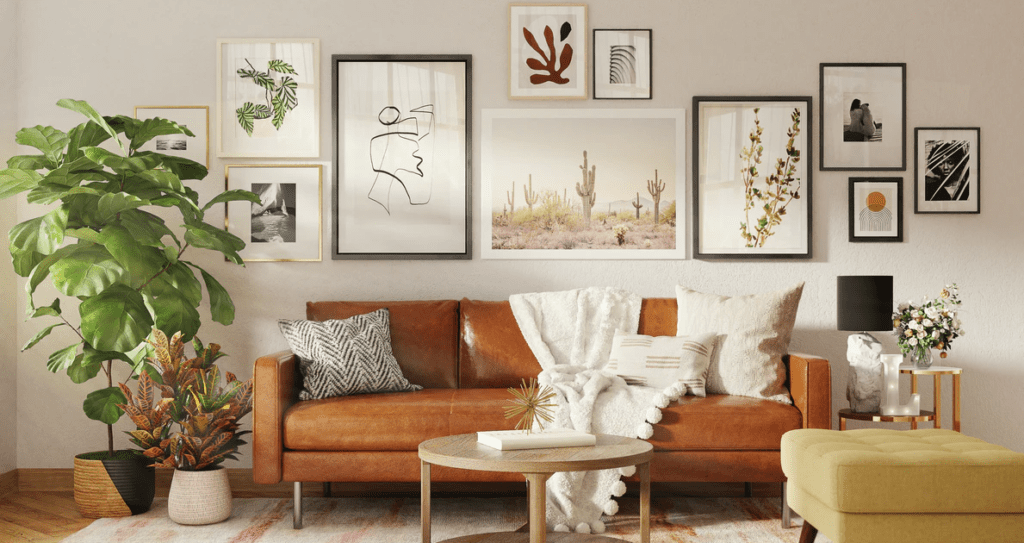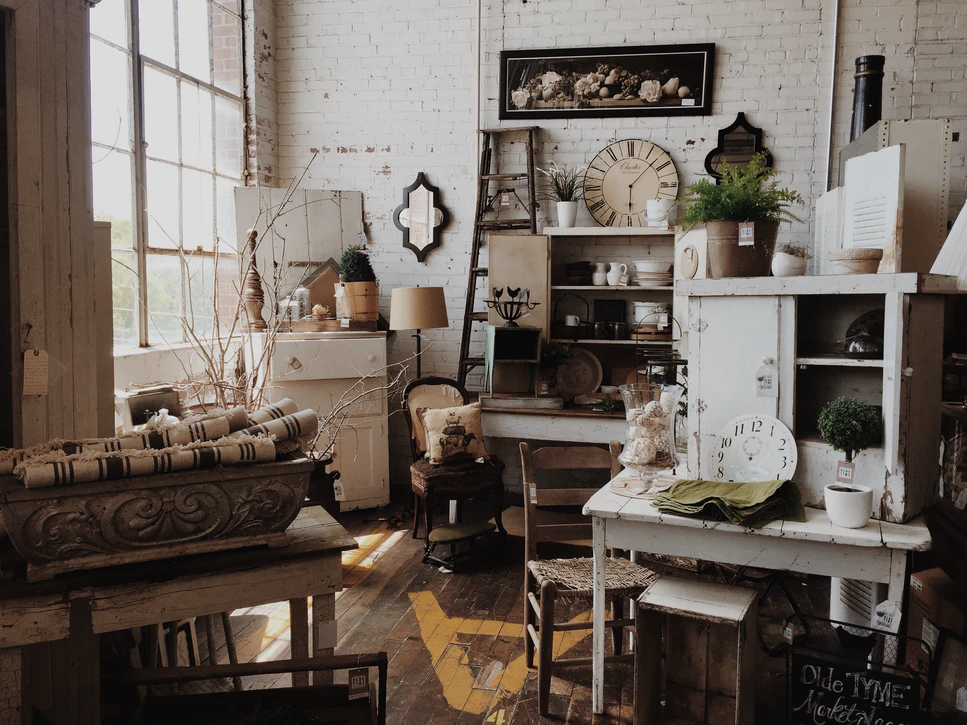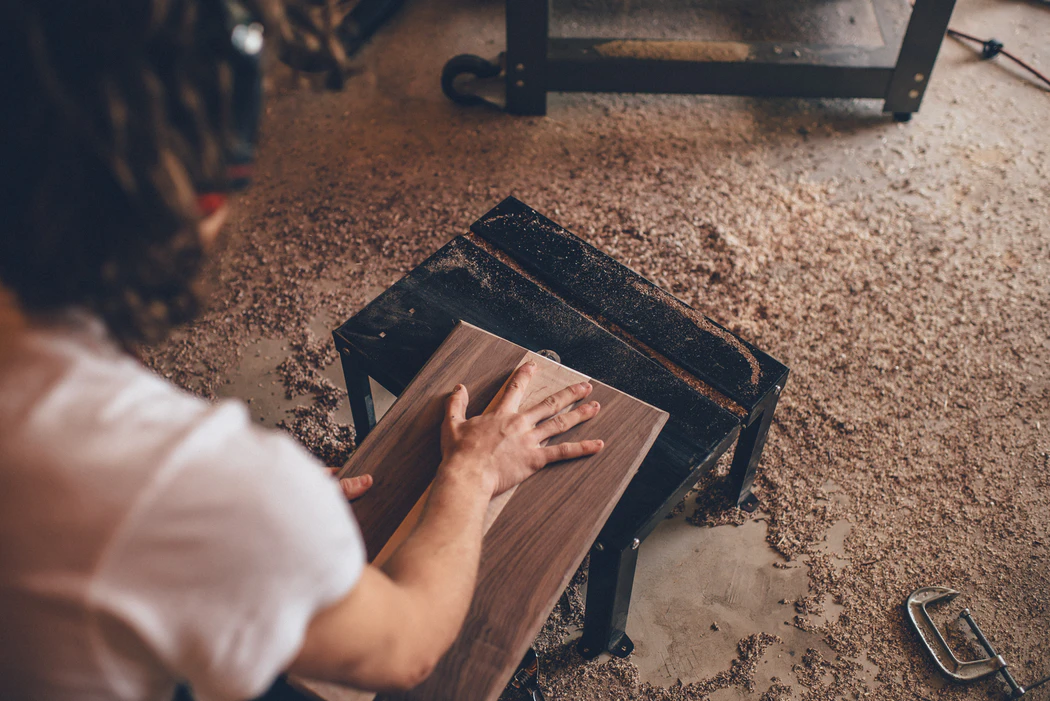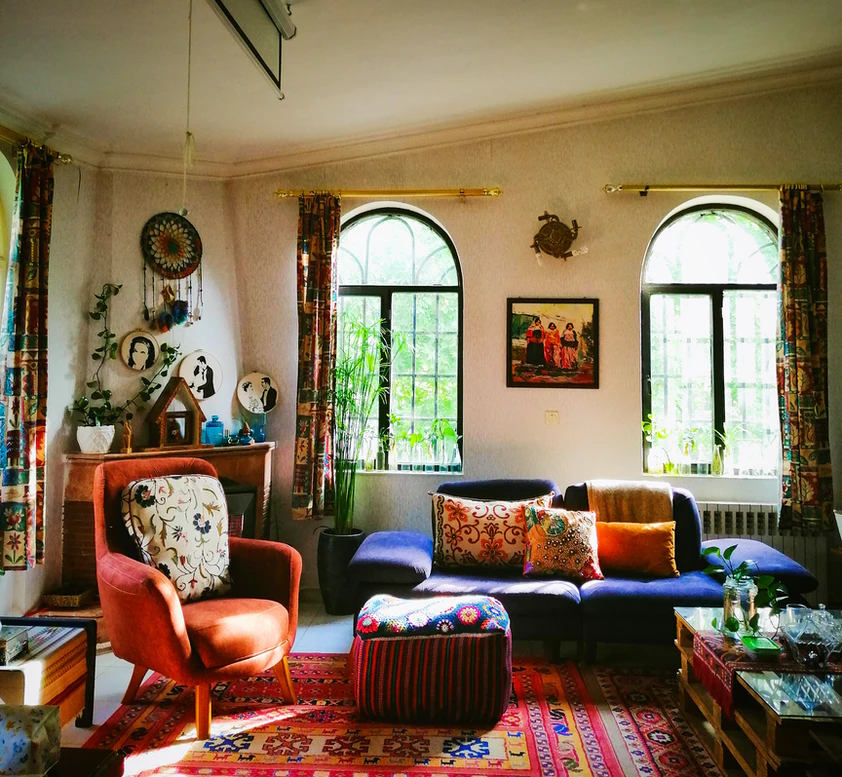How to Find Pieces to Upcycle

Reduce, reuse, recycle! You might be surprised to learn that this rule
can apply to more than our garbage, cans, and bottles. Upcycling is the method
of reducing waste by reusing
discarded objects or materials to create a completely new, unique, and
personalized item. Whether you are outfitting your space with furniture for the
first time or are just looking to freshen a room, there are many ways to
utilize the art of upcycling. Not only is it better for the environment, but it can also be
budget-friendly, and allows you to put a personal touch on pieces within your
home, all while developing a creative skill. Continue reading to learn more
about how to complete a successful upcycle.
The Hunt

Before you begin your upcycling journey, you’ll want to think about
what problem it is that you’re trying to solve by updating a piece of
furniture. Are you looking for increased storage or surface area? Maybe you’re
in need of a statement piece to tie a room design together. No
matter what problem you’re trying to solve, you’ll want to be mindful when
searching for your project piece. In doing so, you will be more likely to
choose a piece that aligns with your overall goals. It can be easy to jump on
the first piece of furniture you see and later find that it won’t be of much
use to you.
From thrift shops, to curb sides, to pieces you might already own, you
can find opportunities for upcycling almost anywhere. Garage
sales are another really great place to look for project pieces, as they
are often still in good condition, and are priced to sell. Pro-tip:
If you are purchasing second hand, you’ll want to ensure that the piece is sturdy enough to withstand your project
before spending
money on it.
Think Ahead

Once you have your project piece, it’s time to start planning out your
redesign. If you’re stuck for ideas, don’t be afraid to look for inspiration
online or in magazines. It could be as simple as adding a coat of paint and
hardware, or it could be more intricate.
Planning, and even sketching out your ideas on paper can save you a
lot of time and money in the long
run. This gives you a better idea not only of your end result, but also of
the specific materials and tools you’ll need going forward.
Prepare Your
Piece

In order to achieve the best possible outcome, you’ll want to prep
your pieces before diving in. Dressers, tables, bed frames, or any furniture
that is made out of wood should be sanded down. Sanding off layers of grime,
paint, and stain offers you a clean canvas to work with. Be sure to remove any old
drawer knobs or hardware and give them a good cleaning. If you plan to paint
the knobs or other hardware, you’ll want to sand them first as well. Once
that’s completed, you can then apply a coat of paint primer or pre-stain wood
conditioner. Primer will help cover imperfections and give the new coat of
paint or stain a uniform surface to stick to.
If your project involves fabric, for example a chair, or couch, it’s a
good idea to give it a thorough cleaning. Pro-tip:
If the item cannot be easily thrown in the washer and dryer, you can use a
carpet cleaner to get out any dirt or grime!
Be Bold!

Don’t be afraid to experiment! Although we
suggest you test your design on a piece of scrap material or a section of the
piece that can be easily covered, you should feel free to mix mediums, paint
finishes, fabrics, and colors. Fixing patterns and textures is a great way to
add interest to any piece. This can also help your space feel more established
and put together.
Did you know that you can paint on fabric? You can use textile paint, which
is usually made from an acrylic polymer, to spruce up couches, chairs, pillows,
you name it! These paints are durable and can withstand routine use, washing,
and even sunlight! If you are looking for more inspiration when it comes to interior
decoration, check out the link below!








